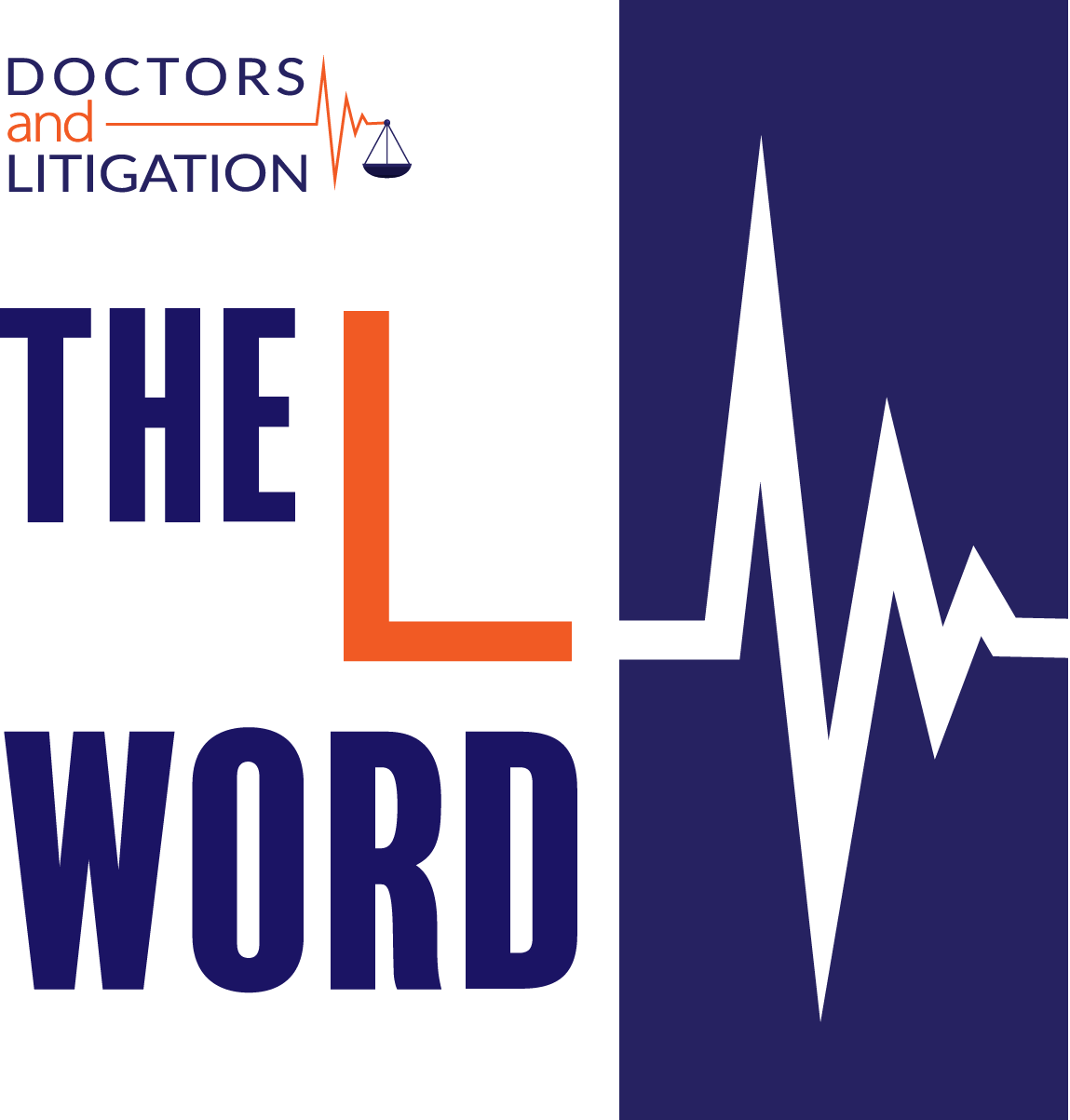Help Resistance
Description
This month, we're exploring the topic of 'help-resistance' in physicians. Why do we acknowledge the need to maintain and optimize the health of our bodies, but scoff at doing the same for our minds or mental well-being? Why do support programs flounder from lack of participation? Why is the notion of even 'self-help' so foreign and...icky?
In this 'listicast', Dr. Pensa explores the top ten(ish) reasons for help-resistance in physicians. This has practical implications as to why physicians often do not access support programs, and why they may resist external or even self-help instruction.
These concepts are each briefly explored, with particular focus on the physician experience (though, of course, other clinicians and high achieving professionals may have similar experiences.)
Ten Reasons Behind 'Help-Resistance' in the Physician
1) Internal core beliefs and identity of the physician (and traits including exceptionalism and perfectionism)
2) External collective beliefs and medical culture
3) Inability to recognize when help is indicated (or avoidance coping)
4) Lack of awareness of various modalities of 'help' (what does 'help' even mean?)
5) Family of origin (or culture of origin) taboos; expectations of the family high achiever
6) Absent help infrastructure (or a hush-hush help infrastructure)
7) Terminal uniqueness
8) Fear (of discovery, judgment, licensure/discipline threats)*
9) Friction
10) Change resistance and inflexible thinking (or dichotomous thinking)
*To learn more about Dr. Lorna Breen, the Dr. Lorna Breen Heroes Foundation, and their work addressing the origins of this fear, go to https://drlornabreen.org/
More about Dr. Pensa: https://doctorsandlitigation.com/about-gita-pensa
Disclaimer: Dr. Pensa is not a therapist or psychiatrist, and this discussion is not meant as treatment for any specific mental health disorder. This list is based on Dr. Pensa's personal and professional experience, and her coaching work with other physicians in the realm of litigation stress and burnout.






